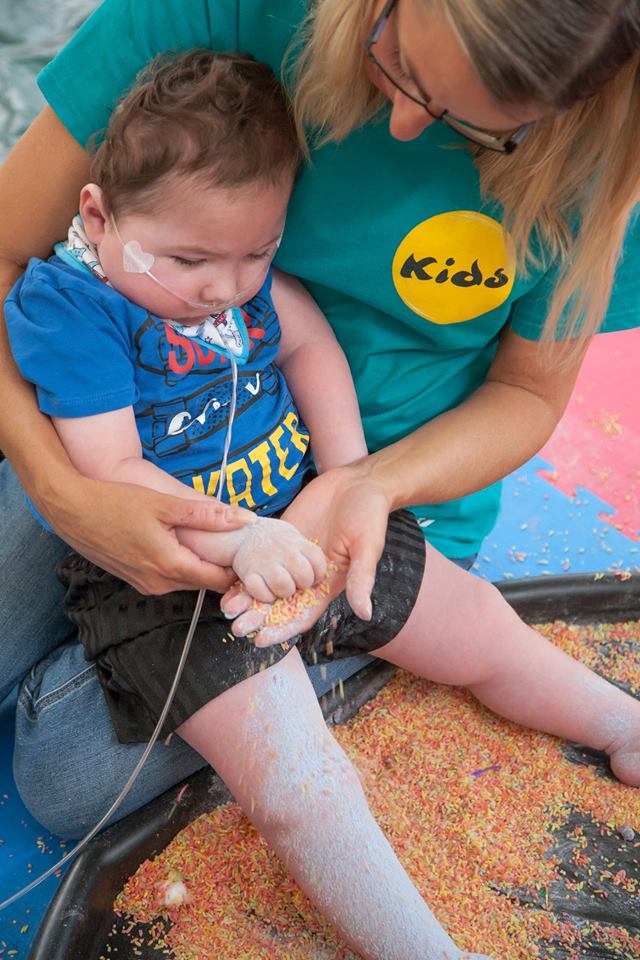April is stress awareness month. It’s also IBS awareness month, and the 7th April is World Health Day. So it seems April a great time to think about our wellbeing!
The events of 2020 and early 2021 have demonstrated just how much we need to look after our own health; maintaining good physical and mental health is vital if we want to be our best self for ourselves, our family and the wider world.
Are you stressed?
In terms of stress, through our own experiences as well as those of others we all have a basic understanding of what stress is and how its makes us feel. For a more detailed understanding of stress and why some stress is actually good for us visit https://www.stress.org.uk.
There is a clear link between stress and our immune system1,2. Psychoneuroimmunology is a growing area of research that looks deeper into the connection between our mental and emotional state, our nervous system and our immune function1,2. When we’re stressed, our immune response is affected and our physical wellbeing can deteriorate3. So controlling the level of stress in our lives is beneficial for more than just our mental health.
IBS awareness
Irritable Bowl Syndrome (IBS) is also in the limelight this month. It’s a condition that affects many people in the UK (2 in 10 according to Bupa4). IBS is the gut’s response to external stressors (from diet to our mental state) and causes uncomfortable and painful symptoms5. In some cases, there is a link between IBS and an individual’s mental wellbeing, though how the connection works isn’t completely clear6.

Our gut health is very important and according to Tim Spector our “gut is the second-largest network of nerves outside of our heads and has been called our second brain.”7 Further research into the gut and the microbes that live there will hopefully shed further light on IBS and how to manage it.
Mindfulness and hypnotherapy
So, keeping in mind that we need to look after our wellbeing, what can we do to help ourselves? Amongst other activities such as self care and exercise, mindfulness is an excellent tool to use against stress8,9. Not thinking about the future or the past, but paying attention to your life and your actions in the moment can bring many benefits.
And hypnotherapy? The National Institute for Health and Care Excellence (NICE) recommends hypnotherapy as a non-pharmacological treatment for IBS if symptoms do not ease using medication over a period of 12 months10. Hypnotherapy works with the psychological side of living with IBS. It specifically aims to prevent any psychological distress arising from having IBS from making IBS symptoms worse11.

If you’d like to know more about mindfulness and hypnotherapy and how they could benefit you contact Fran Dunning on 07973819867 or visit https://www.francesdunning.com. Fran offers free, weekly drop-in mindfulness sessions over Zoom, so get in touch if you’d like to join in.
If you do suffer from stress or IBS, please consult your GP for further information and advice.
References
1 https://www.verywellmind.com/psychoneuroimmunology-and-stress-3145127
2 https://www.healthline.com/health/psychoneuroimmunology
3 https://www.apa.org/research/action/immune
4 https://www.bupa.co.uk/health-information/digestive-gut-health/irritable-bowel-syndrome
5 https://www.aboutibs.org/what-is-ibs-sidenav/stress-and-ibs.html
6 https://www.webmd.com/ibs/guide/stress-anxiety-ibs#1
7 Spector, T. 2016. The Diet Myth. The Real Science Behind What We Eat. Weidenfield and Nicolson, London. P67.
8 https://www.verywellmind.com/stress-and-health-3145086#coping
9 https://www.verywellmind.com/mindfulness-exercises-for-everyday-life-3145187
10 https://www.nice.org.uk/guidance/cg61/chapter/1-Recommendations
11 https://www.hypnotherapists.org.uk/hypnotherapy/hypnotherapy-for-ibs/
stress, IBS and hypnotherapy.




